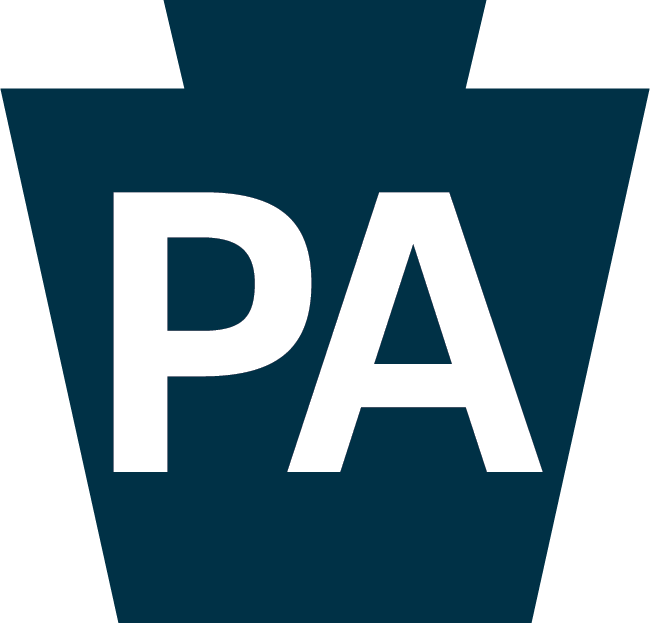As your business hires employees, you will have new requirements to consider. Read on to see common requirements for employers in Pennsylvania or watch our video tutorial on the steps to hiring employees in PA.
For a more comprehensive guide, check out the Pennsylvania Department of Labor & Industry’s Employer Information & Services. It’s a great resource for information on compliance, construction code services, developing a skilled workforce, financial incentives, IT policies, labor management services, and more.
Also, as part of hiring your workers, you are required to fill out a portion of the Pennsylvania Online Business Tax Registration Form (myPATH).
Out-of-State Employers
Working remotely and hiring remotely is now the new normal for many professionals. Staying compliant when hiring those remote employees can be difficult, so knowing the rules for expanding your team is crucial. The below information is what is required for out-of-state employers when hiring a remote employee in Pennsylvania:
State Employer Withholding and Unemployment Compensation
Employers are required to obtain accounts for employer withholding and unemployment compensation. To register for employer withholding and unemployment compensation, complete the myPATH application.
Worker’s Compensation
If you have third-party worker’s compensation coverage, include the information in the myPATH application as you are filling it out for employer withholding and unemployment compensation. If you do not have third-party worker’s compensation coverage you can also select this option in section 3 of the application.
New Hire Reporting Requirement
All employers should report new hires to the PA Department of Labor and Industry. To report new hires, visit the PA Career Link’s New Hire Reporting Program to create an account. Click on “Register with PA CareerLink” to begin uploading your new hires. You can also report up to three employees per web session without creating an account.
Local Withholding
Employers should also withhold and remit the local earned income tax and local services tax on behalf of their employees working in PA. These taxes are administered by third-party agencies determined by the county in which the employee works and lives. If the employee works and lives in two different counties, you should withhold at the higher earned income tax rate. The local services tax is always determined by where the employee works. To determine with whom you must register and the rates of withholding, visit the Municipal Statistics Contact Search.
Hiring an Inclusive Workforce
LGBT+ Employees
The LGBTQ Inclusion Hub for Small Businesses is an online platform created by the U.S. Chamber Foundation, an affiliate of the U.S. Chamber of Commerce, as part of its Incorporating Inclusion Initiative. The platform assists small business owners by providing information on diversity and why it’s essential to focus on inclusion in the workplace. There are also guides for creating inclusive workplace practices and leadership tips for LGBT+ professionals. Additionally, the LGBTQ Inclusion Hub for Small Businesses provides tools, resources, and best practices on LGBT+ inclusion in the workplace, as well as one-on-one expert assistance on how to foster LGBT+ inclusive programs and policies. To receive one-on-one support for your LGBT+ inclusion needs, complete their online form to get started.
Employees with Disabilities
The Office of Vocational Rehabilitation’s (OVR’s) Business Services team can help you, as an employer, meet your hiring needs, free of charge. OVR can assist your business with Disabilities Act (ADA) and disability sensitivity trainings and help you understand reasonable accommodations and assistive technology requests. They are a great resource for ensuring your workforce is successful and inclusive.
As the nation’s go-to resource and voice for small businesses, the U.S. Small Business Association (SBA) provides an array of information on best practices for hiring employees with disabilities. The SBA provides insights on creating a culture of diversity, writing an inclusive job posting, and providing reasonable job accommodations.
The Employer Assistance and Resource Network on Disability Inclusion (EARN) offers information and resources to help employers recruit, hire, retain and advance people with disabilities, build inclusive workplace cultures, and meet diversity, equity, inclusion, and accessibility (DEIA) goals.
